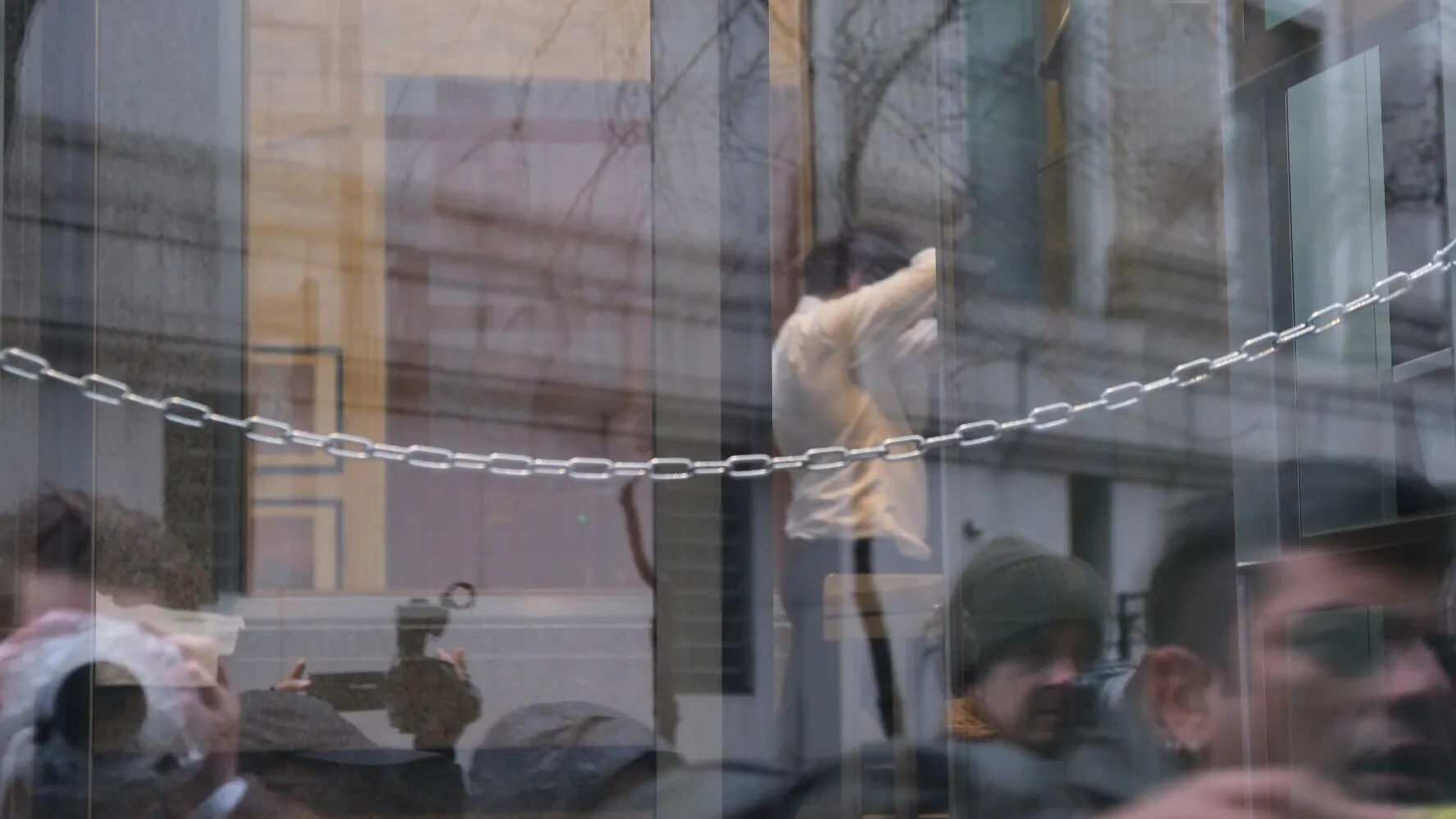The nature of Sam Bankman-Fried’s conduct at the helm of FTX will face intense scrutiny at trial, but his alleged behavior after stepping down is what ultimately earned him a spot at the Metropolitan Detention Center (MDC) in Brooklyn in August.
A bail agreement meant Bankman-Fried was allowed to prepare his defense against criminal fraud charges under house arrest at his parents' California home. But the sudden change of scenery to a Brooklyn jail came at a crucial time, Kevin O’Brien of Ford O’Brien Landy LLP told Decrypt.
“The last few months—that’s crunch time,” he said. “The earlier period really doesn't matter, but he needs to be focussing on specific witnesses and questions now.”
O’Brien, a former assistant U.S. attorney specializing in white-collar criminal defense, said Bankman-Fried’s tether to the MDC will strain him and his lawyers. As the case develops, the former crypto mogul’s availability will be paramount, O’Brien said.
“He's going to have to help them cut through all the unimportant detail that the government's going throw at them,” he said. “How are [his lawyers] going to navigate all this stuff without his active support?”
Bankman-Fried’s bail was revoked by U.S. District Judge Lewis Kaplan over witness tampering concerns. And on Thursday, Kaplan ordered that Bankman-Fried will remain in jail throughout the duration of his trial.
One of the largest crypto exchanges at the time of its collapse, FTX couldn’t satisfy customer withdrawals last November after a substantial drop in the price of FTT—the firm’s flimsy exchange token—sparked a fatal flurry of withdrawals.
After stepping down as FTX’s CEO, Bankman-Fried was arrested in the Bahamas and extradited to the U.S. His October trial concerns seven conspiracy and fraud charges. He and FTX’s inner circle are accused of misusing billions of dollars of customer funds.
Before Bankman-Fried’s ride to the MDC, snippets of personal writings from his one-time lover and former Alameda Research CEO, Caroline Ellison, drew eyeballs in the New York Times. Once in charge of FTX’s sister firm, she has pleaded guilty to fraud charges and is expected to testify against Bankman-Fried.
Ellison reportedly wrote: “Running Alameda doesn't feel like something I’m that comparatively advantaged at or well suited to do.” Federal prosecutors said that it was Bankman-Fried who placed that information in reporters’ hands to “discredit” her.
They claim that the disgraced crypto mogul has tried to influence the testimony of witnesses at least twice. However, concerns that ultimately landed Bankman-Fried back in jail followed other red flags.
January
On the same day that Bankman-Fried was arraigned, and pleaded not guilty to several charges, his bail agreement was modified to prohibit him from accessing funds from FTX or Alameda Research. The week before, $1.7 million worth of crypto linked to Alameda had found its way to coin mixers, which mask the path of funds.
“None of these are me,” Bankman-Fried said on Twitter at the time. “I'm not and couldn't be moving any of those funds; I don't have access to them anymore.”
Additional changes to Bankman-Fried’s bail agreement were requested that month after Bankman-Fried allegedly contacted the general counsel of FTX US through the encrypted messaging application Signal.
“I would really love to reconnect and see if there’s a way for us to have a constructive relationship, use each other as resources when possible, or at least vet things with each other,” federal prosecutors alleged Bankman-Fried wrote.
Highlighting Bankman-Fried’s desire to “vet things,” it was one of the first times witness tampering concerns were raised. In a four-page filing, federal prosecutors claimed that Bankman-Fried had tried to contact other current and former FTX employees too.
Bankman-Fried’s lawyers pushed back against the characterization. They said their client's encrypted outreach was “merely an innocuous attempt to offer assistance in FTX’s bankruptcy process and does not reflect misconduct.”
Restrictions that banned Bankman-Fried from contacting FTX and Alameda employees through encrypted messages were subsequently put in place.
February
The next very month, Bankman-Fried’s use of a VPN raised eyebrows in court. The core concern was that a VPN enabled Bankman-Fried to obscure his digital whereabouts, federal prosecutors expressed.
As they explain, Bankman-Fried coulduse a VPN to access international crypto exchanges cut off to U.S. users, discretely send messages, or access the dark web.
Bankman-Fried’s counsel claimed the FTX founder had used a VPN to watch NFL playoff games and the Super Bowl with a subscription he bought in the Bahamas, placing his digital footprint there for entertainment purposes.
Judge Kaplan didn’t buy it, and he outlawed Bankman-Fried’s use of a VPN, except for instances where the FTX founder needed one to access a database hosted on Amazon Web Services to prepare for his trial.
March
By the end of March, Bankman-Fried’s bail agreement had been modified four times. An order from Judge Kaplan outlined new conditions for the FTX founder, including a laptop with limited internet access and a phone that could only make calls and texts.
Up to that point, the only modification made that didn’t concern Bankman-Fried’s suspected or alleged conduct was administrative in nature and related to two individuals who backed his bond alongside his parents.
Andreas Paepcke, a senior research scientist at Stanford University, and Larry Kramer, the former dean of Stanford Law School, had put up $200,000 and $500,000, respectively—but they needed to sign separate appearance bonds in January.
July
A month before his bail was revoked, the disgraced crypto mogul sought to make his parents’ home a more hospitable place. His counsel put forth a list of guests—filed under seal—that could visit him without signing a security log or having a guard present.
Close friends, colleagues, and household help were among the individuals that Bankman-Fried sought unfettered access to. For now, they’ll likely have to abide by the MDC’s visitation policies or try to catch him at the courthouse.





